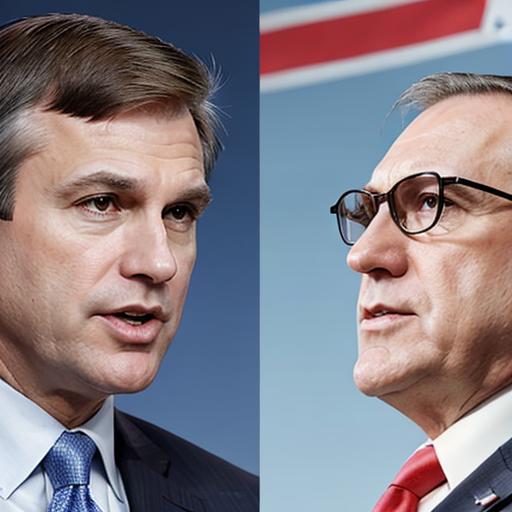Introduction:
In the dynamic realm of politics, orchestrating successful campaigns requires a strategic combination of skills, experience, and expertise. Two key roles in this arena are the Campaign Manager and the Political Consultant, each playing distinct yet interconnected roles in the pursuit of electoral victory. As we delve into the intricacies of political campaigns, let’s unravel the differences between these pivotal positions.
Campaign Manager:
The Campaign Manager serves as the linchpin of any political campaign, orchestrating the day-to-day operations and ensuring the entire team functions cohesively. This role is akin to that of a CEO, responsible for making critical decisions, managing resources, and setting the overall campaign strategy. Key responsibilities of a Campaign Manager include:
- Strategic Planning: Developing a comprehensive campaign strategy that aligns with the candidate’s vision and goals. This involves setting priorities, defining target demographics, and outlining key messages.
- Resource Management: Allocating resources effectively, whether it be budget, manpower, or time. This includes overseeing fundraising efforts, budgetary planning, and coordinating with various teams.
- Team Leadership: Building and leading a team of professionals, including communication specialists, field organizers, and finance managers. Motivating and guiding the team to execute the campaign strategy.
- Public Relations: Serving as the primary liaison between the candidate and the public. Managing media relations, organizing events, and ensuring the candidate’s message is effectively communicated to the electorate.
Political Consultant:
While the Campaign Manager focuses on the operational aspects, the Political Consultant is the strategist, providing insights and expertise to shape the overall campaign narrative. Political Consultants are often external advisors hired for their specialized knowledge and experience. Key responsibilities of a Political Consultant include:
- Polling and Research: Conducting thorough research on the political landscape, public opinion, and demographics. Analyzing polling data to inform strategic decisions and messaging.
- Message Crafting: Developing a compelling and resonant message that aligns with the candidate’s values and resonates with the target audience. This includes refining the candidate’s image and addressing potential vulnerabilities.
- Media Strategy: Collaborating with the Campaign Manager to create a comprehensive media plan. This involves advising on advertising placements, public appearances, and leveraging various communication channels.
- Crisis Management: Anticipating and preparing for potential crises by developing crisis communication plans. Providing guidance on how to navigate and mitigate negative situations.
Conclusion:
In the intricate dance of politics, Campaign Managers and Political Consultants work hand-in-hand to steer candidates towards success. While the Campaign Manager is the operational maestro, ensuring the campaign runs smoothly, the Political Consultant is the strategic architect, shaping the narrative and guiding the candidate to connect with the electorate. Together, these roles form a dynamic partnership crucial for navigating the complexities of the political landscape and securing electoral triumph.

